APX Insights
Zero-Point Positioning Systems in FMS: Specific Application Scenarios
Zero-point positioning systems demonstrate extensive applications in Flexible Manufacturing Systems (FMS), driving efficiency and flexibility across diverse industrial scenarios:
1. Rapid Changeover and Enhanced Equipment Utilization
Zero-point systems enable seamless tooling transitions between different machines or workstations through standardized interfaces and quick positioning. In an FMS, for example, workpieces can be transferred between vertical and horizontal machining centers without repositioning, significantly reducing machine downtime and boosting equipment utilization. This capability minimizes idle time and optimizes production flow in multi-machine setups.
2. Flexible Machining for Multi-Variety Parts
In FMS environments, zero-point systems support flexible production of multi-variety, small-batch parts. By using unified interface designs, different part types can be clamped onto the same pallet or fixture, allowing rapid switching between models for mixed-line manufacturing. This eliminates the need for dedicated setups, making it ideal for industries requiring frequent product model changes.
3. Automated Loading/Unloading and Unmanned Production
Integrated with robotic systems, zero-point positioning enables fully automated workpiece handling. Robots can transport pallets with workpieces to designated machines based on pre-programmed sequences, then transfer them to subsequent processes after machining. This end-to-end automation reduces manual intervention, drives unmanned production, and enhances overall throughput in lights-out manufacturing setups.
4. Process Optimization and High-Precision Machining
Zero-point systems maintain consistent positioning accuracy across workstations, preventing precision loss during equipment transitions. In aerospace manufacturing, they are critical for machining complex parts, ensuring accuracy through high-precision clamping mechanisms. Additionally, these systems optimize toolpath strategies to reduce tool changes, further enhancing machining efficiency and part quality.
5. Modular and Standardized Production
Supporting modular design, zero-point systems integrate with various fixtures and pallets, allowing manufacturers to flexibly select tooling modules based on part requirements. This modularity fosters standardized production workflows in FMS, enabling quick reconfiguration for different part types while maintaining process consistency.
6. Data Integration and Intelligent Control
Modern zero-point systems incorporate RFID chips, sensors, and IoT technologies, seamlessly connecting with FMS control systems (e.g., MES). Before machining, they automatically identify workpiece/fixture parameters and retrieve corresponding programs, enabling real-time data synchronization and adaptive process control. This integration enhances production flexibility and enables smart manufacturing management.
7. Cost Reduction
Implementing zero-point systems delivers tangible cost savings. For instance, a machining enterprise reduced labor costs by 70% and shortened auxiliary time by minimizing setup cycles and improving equipment utilization. Standardized interfaces also lower spare parts inventory and maintenance costs, making them a cost-effective solution for long-term manufacturing efficiency.
Zero-point positioning systems are indispensable in FMS, driving productivity gains, flexible multi-variety production, and unmanned manufacturing. Their precision positioning, modular design, and data integration capabilities make them a cornerstone technology for modern smart factories, enabling manufacturers to adapt to dynamic market demands while maintaining high-quality, efficient production.
Recommended news
-
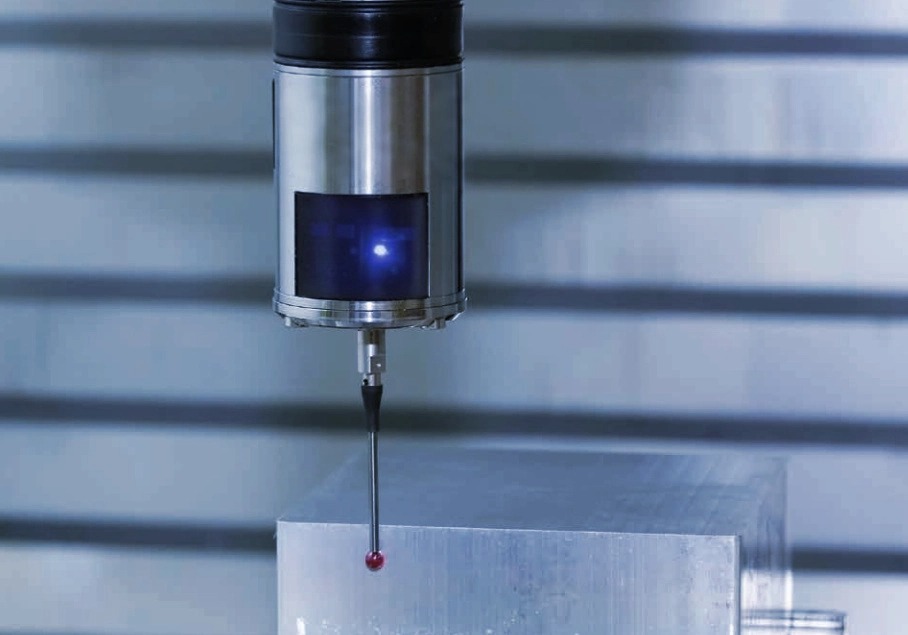
Machine Tool Probe Technology: A Key to Enhancing Competitiveness in Modern Machining
2025-05-26 -
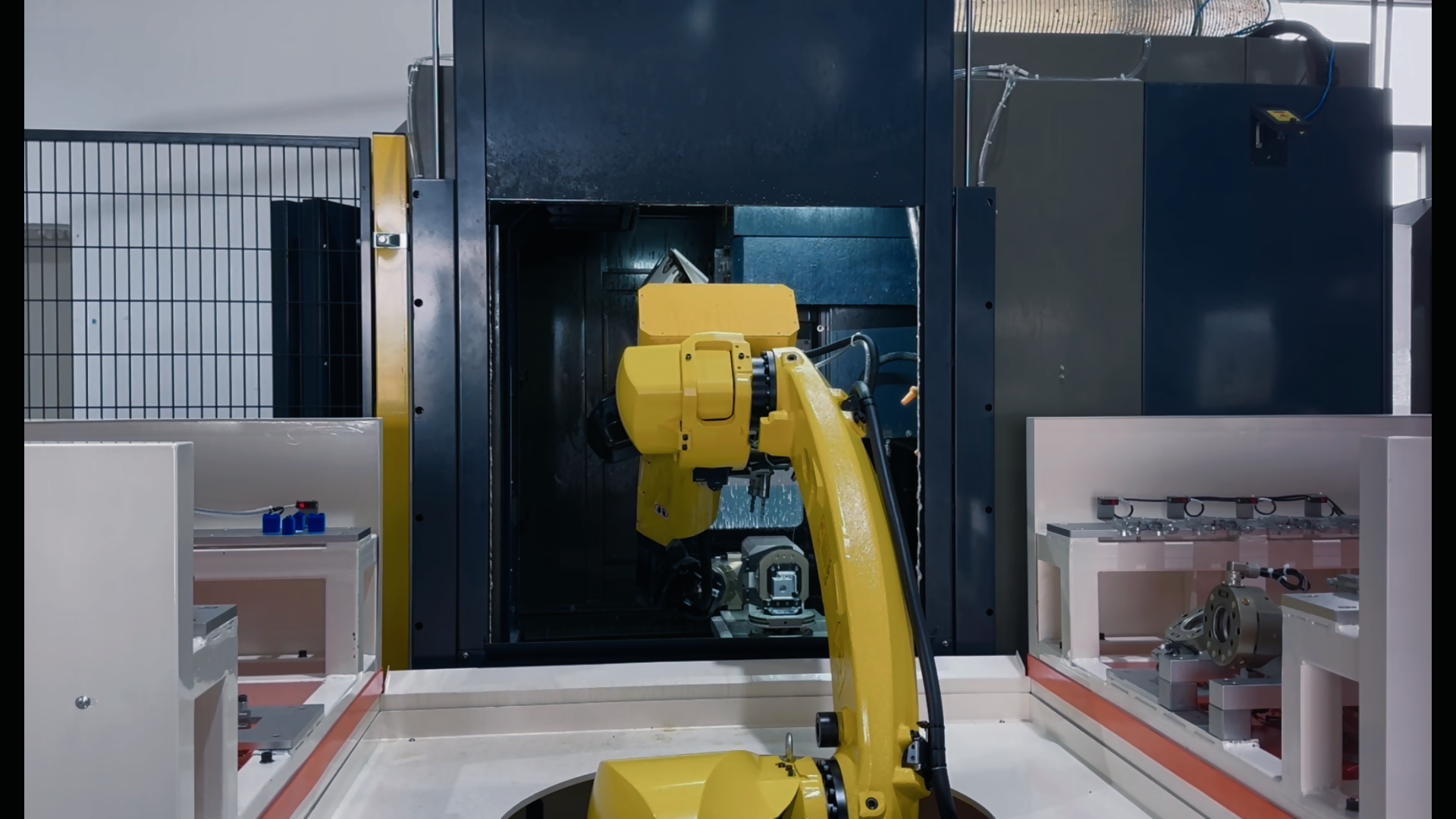
Zero-Point Positioning System: The "Invisible Engine" of Machining Automation
2025-05-05 -
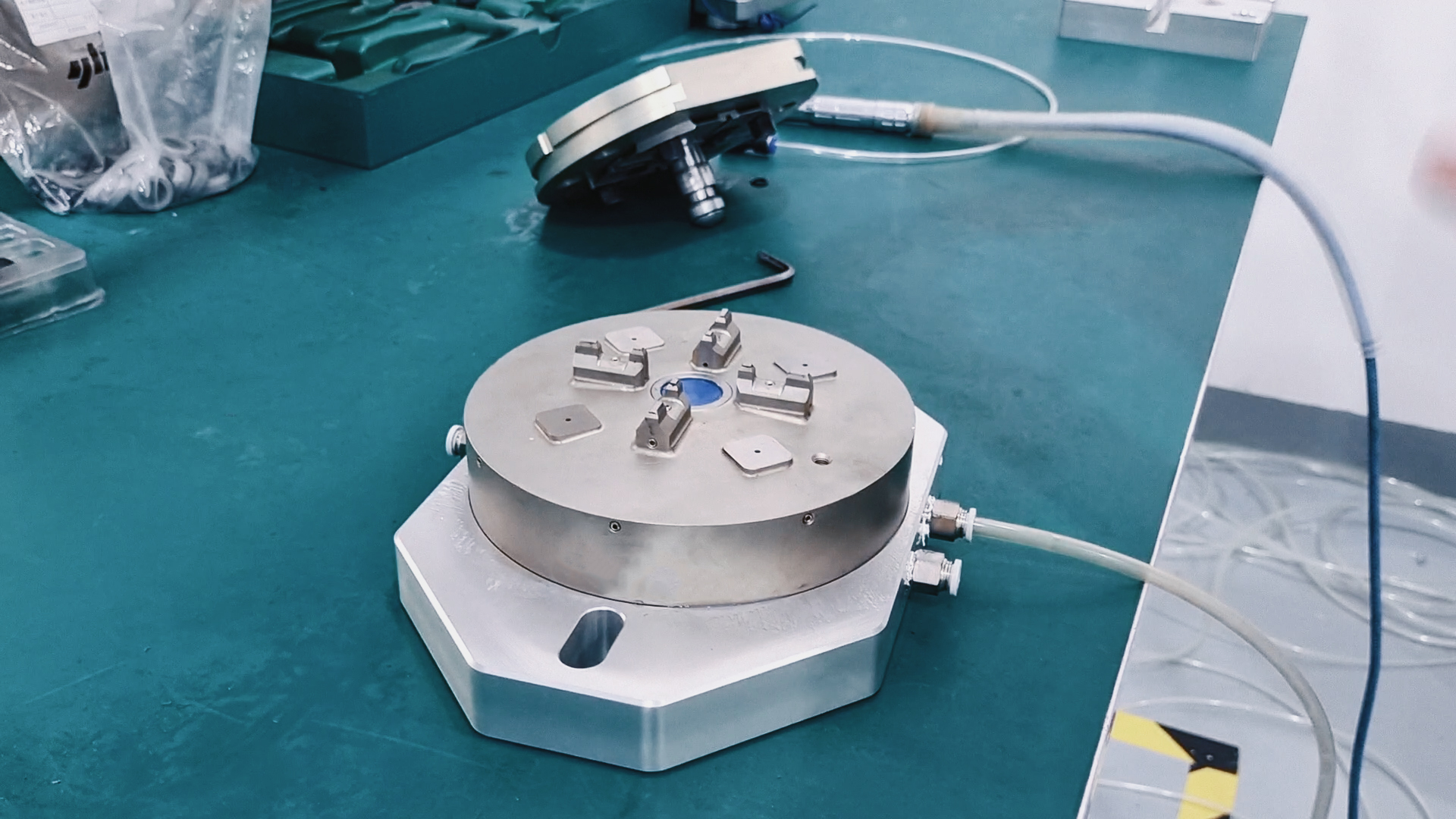
Zero-Point Clamping Fixtures: Why They Are Widely Used in Mechanical Manufacturing and Processing Industries
2025-05-05 -
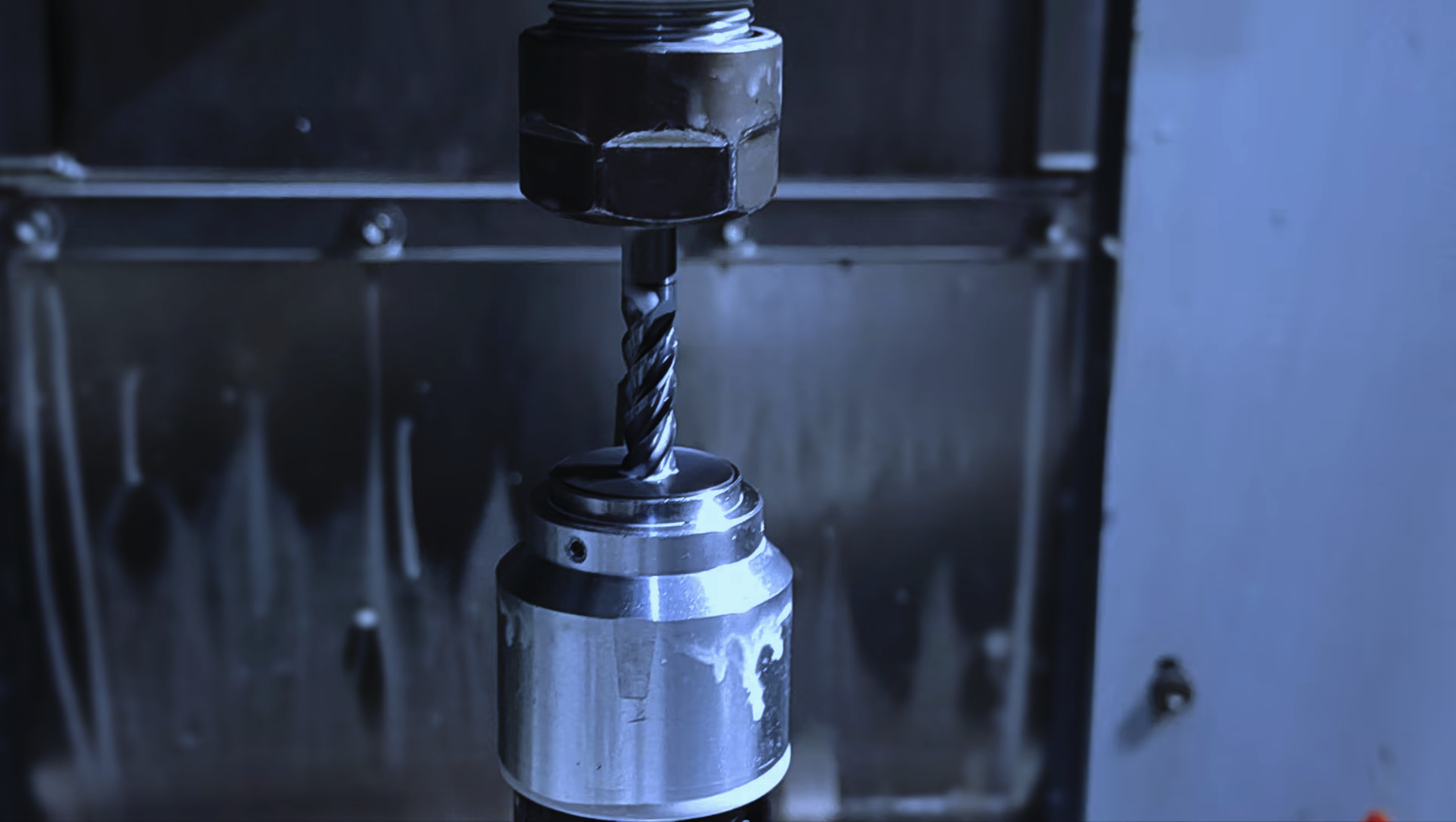
Dual Guarantee for Machining Efficiency and Safety! In - machine Tool Presetter Makes Production Smarter
2025-05-05 -
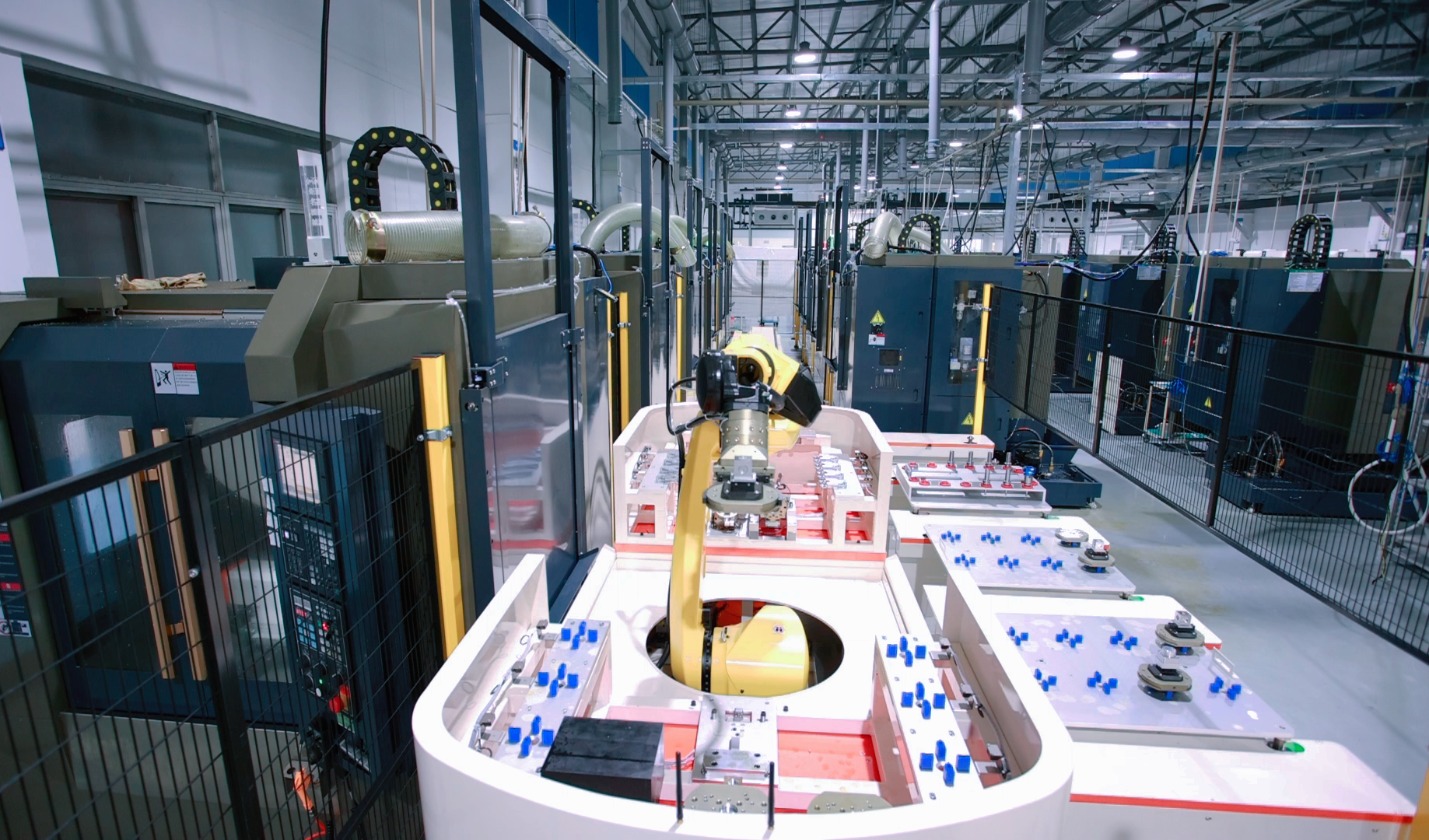
Zero-Point Positioning Systems in FMS: Specific Application Scenarios
2025-04-25

